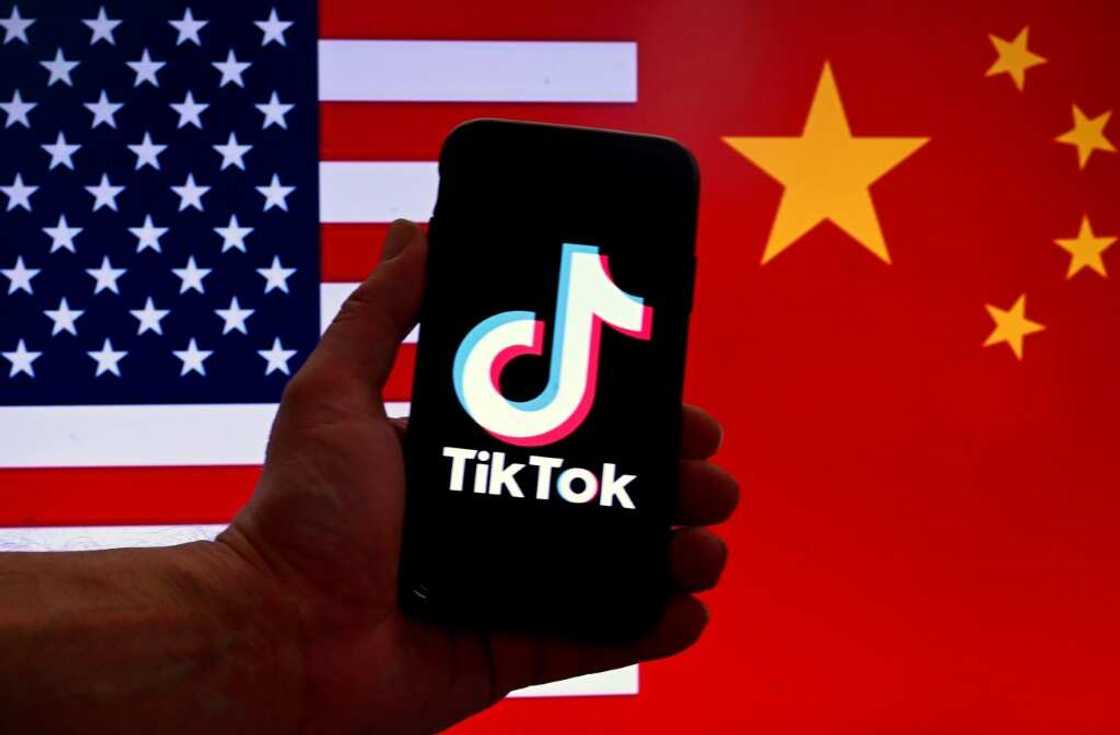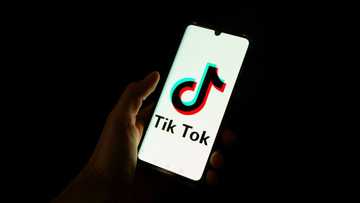ByteDance says 'no plans' to sell TikTok after US ban law

Source: AFP
PAY ATTENTION: The 2024 Business Leaders Awards Present Entrepreneurs that Change Nigeria for the Better. Check out their Stories!
Chinese tech giant ByteDance has said it has no plans to sell TikTok after a new US law put it on a deadline to divest from the hugely popular video platform or have it banned in the United States.
US lawmakers set the nine-month deadline on national security grounds, alleging that TikTok can be used by the Chinese government for espionage and propaganda as long as it is owned by ByteDance.
The Information, a tech-focused US news site, reported that ByteDance was looking at scenarios for selling TikTok without the powerful secret algorithm that recommends videos to its more than one billion users around the world.
ByteDance denied it was considering a sale.
"Foreign media reports about ByteDance exploring the sale of TikTok are untrue," the company posted Thursday on Toutiao, a Chinese-language platform it owns.
"ByteDance does not have any plans to sell TikTok."
PAY ATTENTION: Click “See First” under the “Following” tab to see Legit.ng News on your Facebook News Feed!
TikTok has been a political and diplomatic hot potato for years, first finding itself in the crosshairs of former president Donald Trump's administration, which tried unsuccessfully to ban it.
It has forcefully denied any link to the Chinese government, and said it has not and will not share US user data with Beijing.
TikTok says it has also spent around $1.5 billion on "Project Texas", under which US user data would be stored in the United States.
Its critics say the data is only part of the problem, and that the TikTok recommendation algorithm -- the "secret sauce" for its success -- must also be disconnected from ByteDance.
TikTok CEO Shou Zi Chew has said the company will take the fight against the new law to the courts, but some experts believe that for the US Supreme Court, national security considerations could outweigh free speech protection.
Bullish investors
The estimated valuations of TikTok are in the tens of billions of dollars, and any forced sale would present major complications.
Among those with deep enough pockets, US tech giants such as Instagram-parent Meta or Google would likely be blocked from buying the app over competition concerns.
Further, many investors consider TikTok's recommendation algorithm to be its most valuable feature.
But any sale of such technology by a Chinese company would require approval from Beijing, which designated such algorithms as protected technology following Trump's attempt to ban TikTok in 2020.
Beijing has so far vocally opposed any forced sale of TikTok, saying it will take all necessary measures to protect Chinese companies.
While TikTok is a global phenomenon, it represents a small fraction of ByteDance's revenue, according to analysts and investors.
ByteDance has enjoyed explosive growth in recent years, becoming one of the most valuable companies in the world. Its international investors, including US firms General Atlantic and SIG as well as Japan's SoftBank, have stakes worth billions.
"TikTok US is a very small part of the overall business. It is an exciting part of the story, for sure, but... relative to the overall size, it's a very small part," ByteDance investor Mitchell Green, of US-based Lead Edge Capital, told CNBC television last month.
"If it was kicked out of the US, we would not sell."
PAY ATTENTION: Stay Informed and follow us on Google News!
Source: AFP





